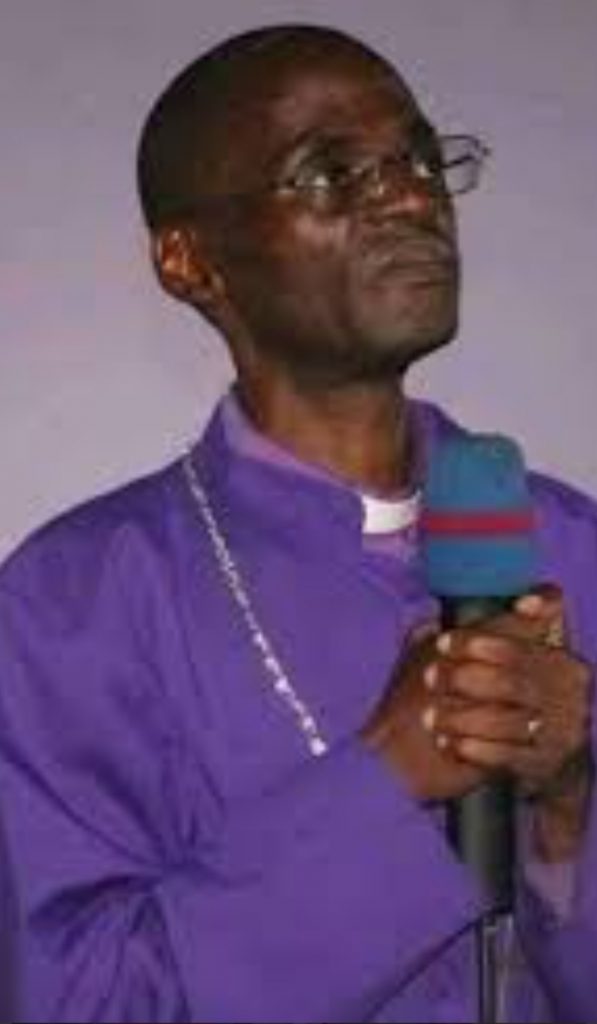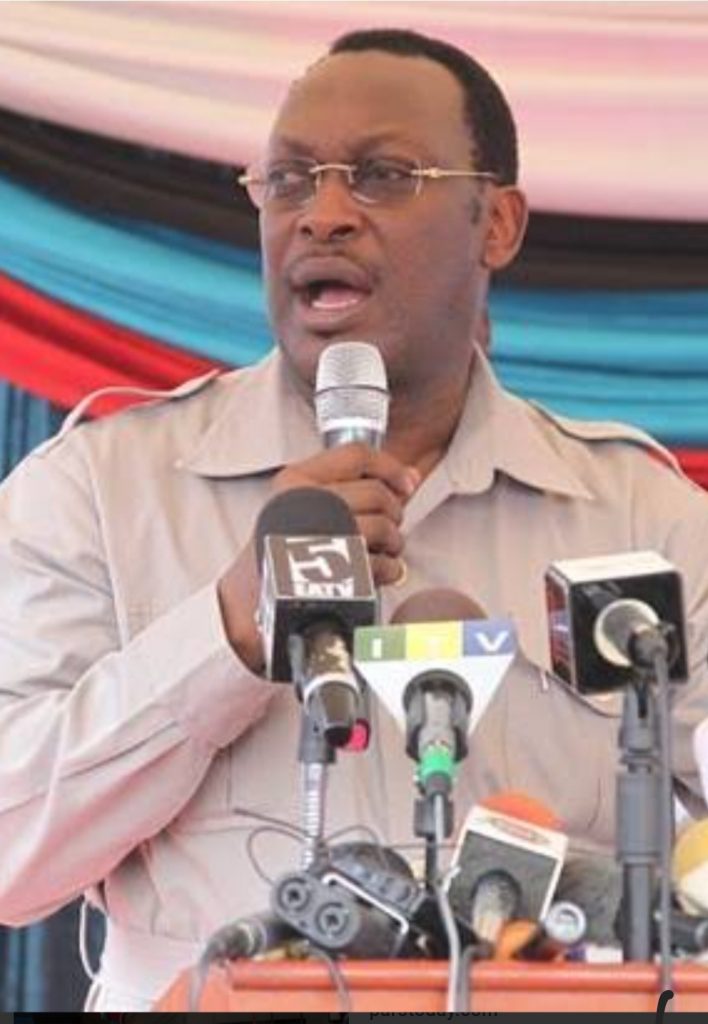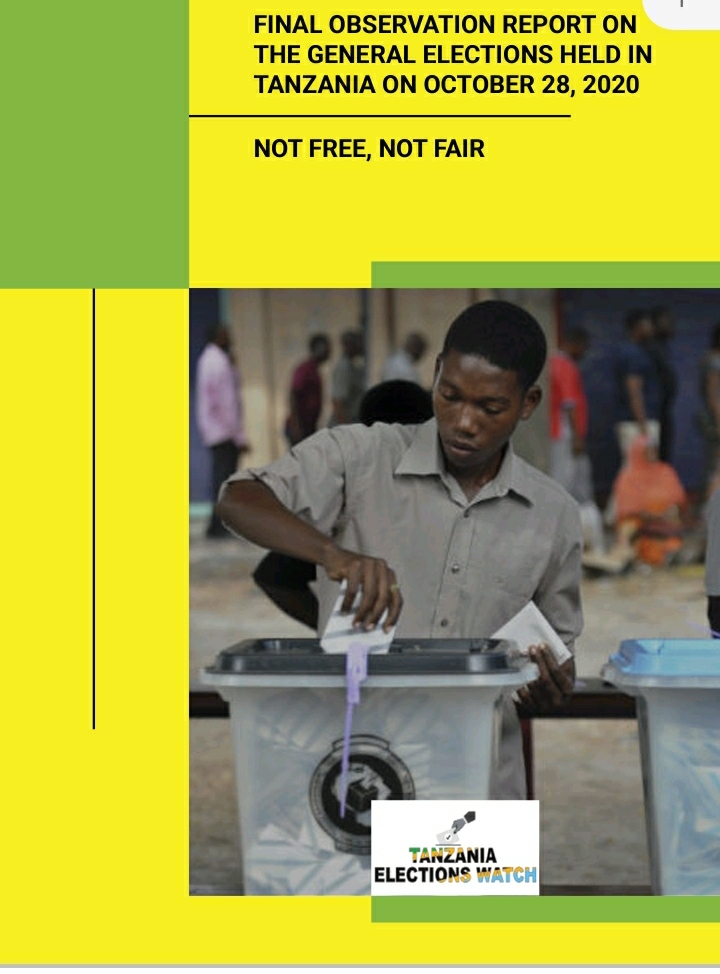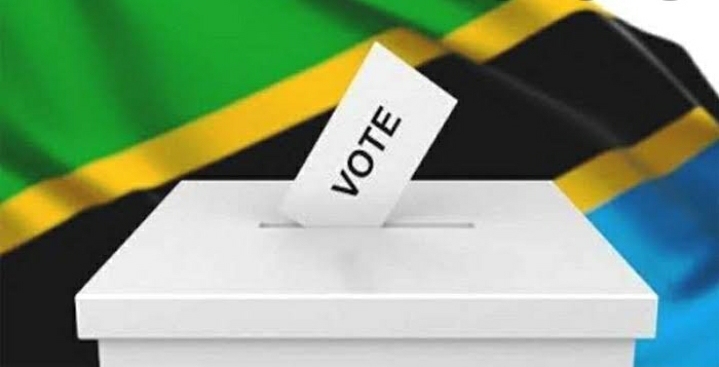DESPITE the challenges of secrecy and oppression surrounding the entire 2020 general election process in Tanzania, a special panel of 12 eminent persons from across Africa has compiled and released a comprehensive report that clearly states: the election was “not free and not fair,” even as the ruling party insists it won fairly and squarely.
After the official release of the report on Thursday, SAUTI KUBWA sought the opinion of several election stakeholders including scholars, electoral analysts, activists, religious leaders and political leaders. An overwhelming majority of them lauded the report as a wonderful work.
The report shows what transpired in the process, as the National Electoral Commission (NEC) announced John Magufuli the winner for the second term of five years.
Dr Josephat Kamuli, a Dar es Salaam-based political scientist, concurs with the observation that the opposition parties and their candidates (for council, parliamentary and presidential seats) were denied equal opportunities in the electoral process – during campaigns and on voting day, October 28,2020.
He said the report testifies what Tanzanians witnessed during the campaigns as opposition candidates and their supporters were openly oppressed by the police force, NEC officials and other security organs in favor of the ruling party, CCM.
“Obviously, even the results of the election shocked the world. It is quite impossible for all opposition candidates to lose their parliamentary seats. It is impossible! It was obviously rigged and this report has confirmed it,” said Dr Kamuli.
The panel of 12 eminent persons from across Africa who formed the Tanzania Elections Watch (TEW) initiative, released the final and conclusive observation on Thursday March 4, with a clear verdict that the election process “was neither free nor fair.”
The Most Reverend Bishop Emmaus Bandekile Mwamakula said the report is a vindication that the entire election process was a shame.
Mwamakula is the Archbishop of the Moravian Revival Church in Tanzania, East Africa and Co-Chair of World Fellowship of Moravian Revival Churches.

Humphrey Polepole, CCM’s Ideology and Publicity Secretary, refrained from commenting on the grounds that he had not read the report. But he was quick to say he was not surprised by the TEW report to “favour the opposition, as usual.” This is the first time ever for the Eminent Persons to do such a report on any election.
Polepole said CCM would not waste time to argue with other people on their opinions, but he insisted that “the ruling party won the election because Tanzanians are tired of opposition parties.”
Freeman Mbowe, the chairman of the main opposition party, CHADEMA, said the report is the comprehensive, honest and candid observation of what exactly transpired in the October 2020 episodes that do not even qualify to be called an election.
“To be precise, this TEW report demonstrates beyond doubt that serious structural transformation coupled with political will, is the only painful journey that Tanzania has to walk,” said Mbowe.

Zitto Kabwe, the leader of of ACT-Wazalendo party said: “It was not an election, these were really mis-elections.”
He applauded the report recommendation that political parties should work towards consolidating democratic practice by utilising dialogue opportunities with election bodies to challenge and resolve election grievances in a peaceful and consensual manner.
The 88-pages report by TEW shows that the atmosphere outside polling stations was generally edgy, with some incidents of viciousness, fear and threats, especially against the opposition party agents and their candidates.
“On the voting day, October 28, some opposition party agents were barred from accessing polling stations, and such incidents were widespread as the election began, the report shows.
The report says some opposition leaders cited irregularities, including interference in the voting process by security agents, and the general absence of transparency around election activities, which greatly undermined the credibility of the elections.
The panel of eminent persons report also shows that restrictions on mainstream media forced citizens to fall back on social media as an alternative source of information and as a forum for self-expression – with the attendant perils of disinformation, propaganda and unverifiable claims. Tanzania imposed an Internet shutdown on the eve of the elections, as well as on election day, gravely hampering communication and access to information.
SAUTI KUBWA accessed comments from one anonymous source showing deep appreciation of the work by the TEW.
I believe this is the first time (or at least one of the very few times) such a broad-based group of African citizens from various countries and backgrounds have organised themselves into a credible public initiative to observe elections not beholden to any outside forces or resources, and on the people level without relying on state permission. (I stand to be corrected). That for me is really important. For me, I was ululating at the end of the introductions simply to see Africans from all these countries demonstrate the investment into another African country and work together in such a way to produce this.
This has enabled an assessment not beholden to state manipulation or the obligation to observe diplomatic niceties such as we see with official AU, SADC and EAC delegations.
This initiative demonstrated the potential and capacity to deal with state-managed obstacles, rules and regulations that the Tanzanian government in this case, and our governments in general, use to manipulate foreign observer missions to get a stamp of approval that the people in a country know is meaningless. I think that’s important.
This is a beginning, not an end. Beyond the specifics of this election, I’m really hoping this kind of initiative becomes practice, not because that it automatically makes democracy perfect but it builds up a constituency of African actors investing and acting collectively in the affairs of the countries we have now. Who knows what this might lead to on terms of concerted action?
If this happens, we will build up a body of data across the continent that will help us to understand the challenges and even to develop action towards them by learning from each other as we engage.
I love the emphasis on “the people of Tanzania” as its priority constituency, not the state. Looking forward to building up this people-centred resource base to catalyse conversations among ourselves on democracy in general.and elections in particular and what we can and must do about them.“
From what I understood, the report offers so much more than an assessment of the results. I see election monitoring not only about telling us whether the results are credible- and the title of this report is damning and clear – “Not free, Not Fair” – but also gives us clarity and context that I think is helpful yo those of us engaging Tanzania going forward, or seeking to learn lessons for ther benefit of other Afrikan spaces.











